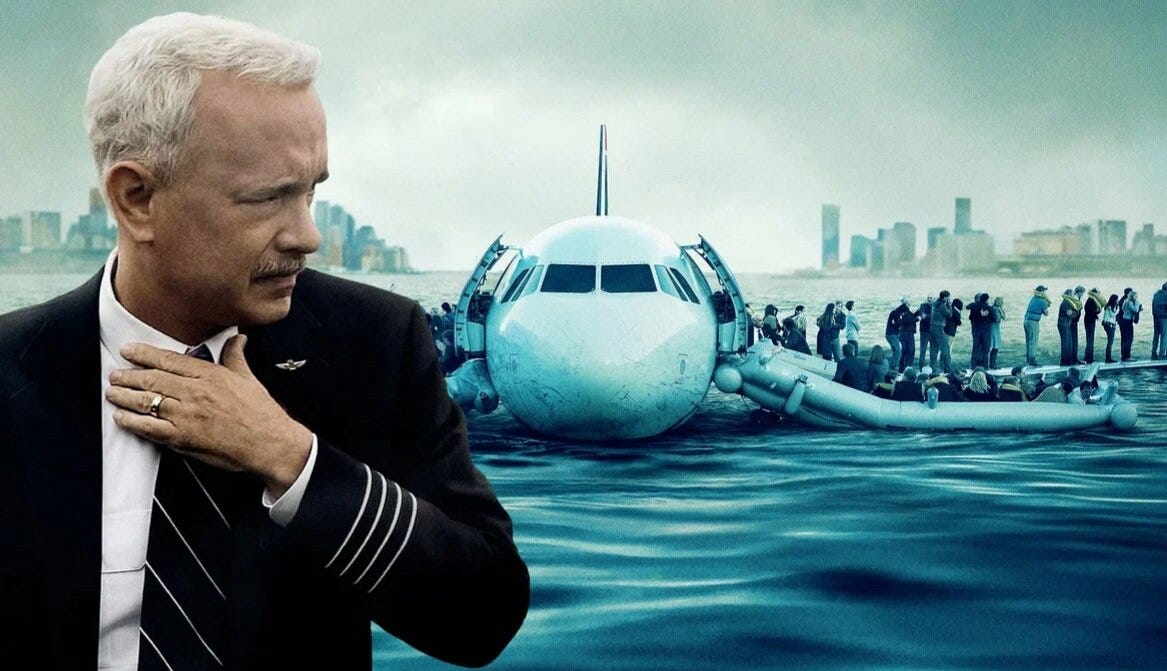If it's not your crisis, you can't judge it
Sitting in our comfortable chairs, we are a million miles from where the events of the crisis we want to discuss are happening
Only those who are inside of a crisis know what kind of crisis it is.
It's easy to react to others' crises, but it's challenging to judge them accurately without knowing all the details.
I thought about this again when I watched a clip from the film "Sully," which focuses on investigating the emergency landing of a passenger plane on the Hudson River in New York.
During the real-life investigation, the National Transportation Safety Board (NTSB) argued that the pilots, whose engines had been damaged by a bird strike, could have reached an airport but didn't, instead making the "wrong" choice to land in the Hudson.
Several computer and live simulations showed that reaching an airport was possible. If true, admitting pilot error could have ruined his reputation and career.
The pilot argued that the simulations were unrealistic because they didn't consider human factors like surprise, the time needed to analyze and make decisions, and the weight of those decisions in a crisis.
The simulator pilots knew about the situation they would face and the proposed emergency actions. They had the chance to practice the scenario multiple times, had no passengers to worry about, and weren't in danger themselves.
The NTSB had to consider this criticism and created a simulation with a 35-second delay, representing reaction time. These simulations showed that attempting to land at either airport would have resulted in crashes.
Based on these simulations and a physical analysis of the engines, the board concluded that Captain Sully's actions were correct. It's important to note that all passengers and crew were safe, so there was no additional emotional pressure on the board or pilots and no need to satisfy a more comprehensive public or victim's families.
This story offers a chance to view the situation from the investigators' perspective and through the actions, decisions, and experiences of those in the middle of the crisis.
A good precedent for not judging from the comfort of a chair…


